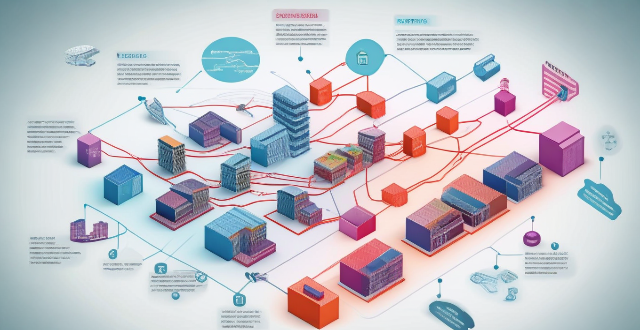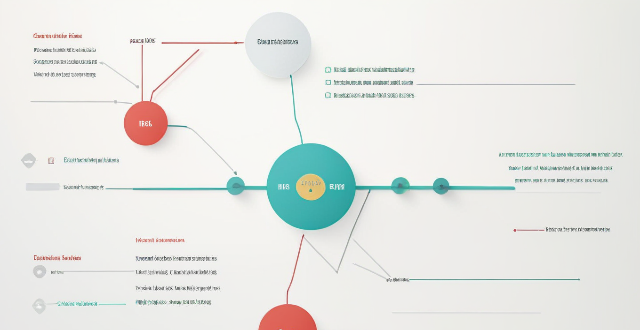Network Server

What is the significance of server location in optimizing network performance ?
Server location is crucial for optimizing network performance, as it affects latency, network reliability, and data transfer times. By locating servers closer to users, organizations can reduce the distance that data has to travel, resulting in fewer hops and less time spent in transit. This leads to reduced latency, faster load times for websites and applications, and improved video conferencing or gaming experiences. Additionally, having servers located near users can help reduce network congestion and improve overall network reliability. Therefore, organizations should consider server location when designing their networks and choosing hosting providers.

Can you explain the concept of content delivery networks (CDN) in relation to network optimization ?
Content Delivery Networks (CDN) and Network Optimization A CDN is a network of servers that delivers content to users in the fastest, most efficient manner. It does this by storing copies of content on multiple server locations around the world. A CDN optimizes network performance by reducing latency, increasing bandwidth, enhancing redundancy and reliability, balancing load, and providing additional security measures. As our reliance on digital content continues to grow, the importance of CDNs will only continue to increase.

How do DNS resolution times influence network optimization ?
The speed at which DNS resolution occurs can have a significant impact on network performance and optimization. Slow DNS resolution times can cause delays in the start of network communications, while fast DNS resolution times can significantly improve network performance. Strategies for optimizing DNS resolution times include using a reliable DNS server, implementing caching, and using a CDN.

What role does caching play in network optimization ?
Caching is crucial for network optimization, improving dataCaching is crucial for network optimization, improving data speed by storing frequently accessed data improving data retrieval performance and speed by storing frequently accessed data in temporary storage areas. It reduces latency, decreases bandwidth usage, improves scalability, enhances resilience, optimizes content delivery, reduces server load, improves data consistency, and increases availability. These benefits make caching essential for improving network infrastructure performance and reliability.

How does network latency affect online gaming ?
Network latency, or "lag," is the delay in data transmission between a player's device and the gaming server. This delay can significantly impact online gaming by affecting gameplay smoothness, multiplayer interaction, game design, and user experience. High latency can cause input delay, movement jitter, synchronization issues, communication delays, and disconnections, making games frustrating and unplayable. In contrast, low latency offers responsive controls, smooth movement, fair play, effective communication, and an immersive experience. Game developers use optimization strategies like client-side prediction and server-side interpolation to minimize latency's effects. Managing network latency is crucial for maintaining a high-quality online gaming environment.

Why does my network latency fluctuate throughout the day ?
The article explores various reasons for fluctuations in network latency, including network congestion due to high traffic volume, large file transfers, and server load; physical distance and infrastructure issues related to geographical location, network hardware, and ISP differences; and local network conditions such as wireless interference, multiple devices sharing bandwidth, and malware or viruses affecting performance. It suggests ways to minimize latency fluctuations, like upgrading equipment, optimizing Wi-Fi setup, scheduling large downloads during off-peak hours, using wired connections, and scanning for malware.

Can upgrading my internet package reduce network latency ?
The text discusses the topic of network latency and whether upgrading an internet package can reduce it. It outlines various factors affecting network latency, including ISP infrastructure, type of connection, location, and network devices. The text then explores different upgrade scenarios, such as moving from DSL to fiber optic or increasing bandwidth, and their potential impact on reducing latency. It concludes that while upgrading can potentially reduce latency, the specifics of each situation should be considered before deciding to upgrade.